Enhancing EdTech with Amazon Bedrock
Discover how to enhance Edtech with Amazon Bedrock (AWS) and EDT&Partners open-source framework of AI and Generative AI



Categories
Topics
Table of contents
1. The Challenge for developing Lecture and Enter Amazon Bedrock
2. Key Enhancements and Their Impact using Lecture
3. Technical Architecture of Lecture
4. Lecture in Action
5. Conclusion
1. The Challenge for developing Lecture and Enter Amazon Bedrock
The Challenge for developing Lecture
In modern EdTech solutions, balancing scalability, performance, and cost is crucial. For educational institutions, providing seamless experiences, from AI-assisted lecture preparation to real-time analytics, requires robust infrastructure. Traditional approaches often fall short, leading to latency issues and escalated operational costs.
Enter Amazon Bedrock
Amazon Bedrock simplifies the development and deployment of generative AI applications by providing managed access to foundational models via a single API. This eliminates the need for extensive infrastructure, making it a natural fit for frameworks like Lecture.
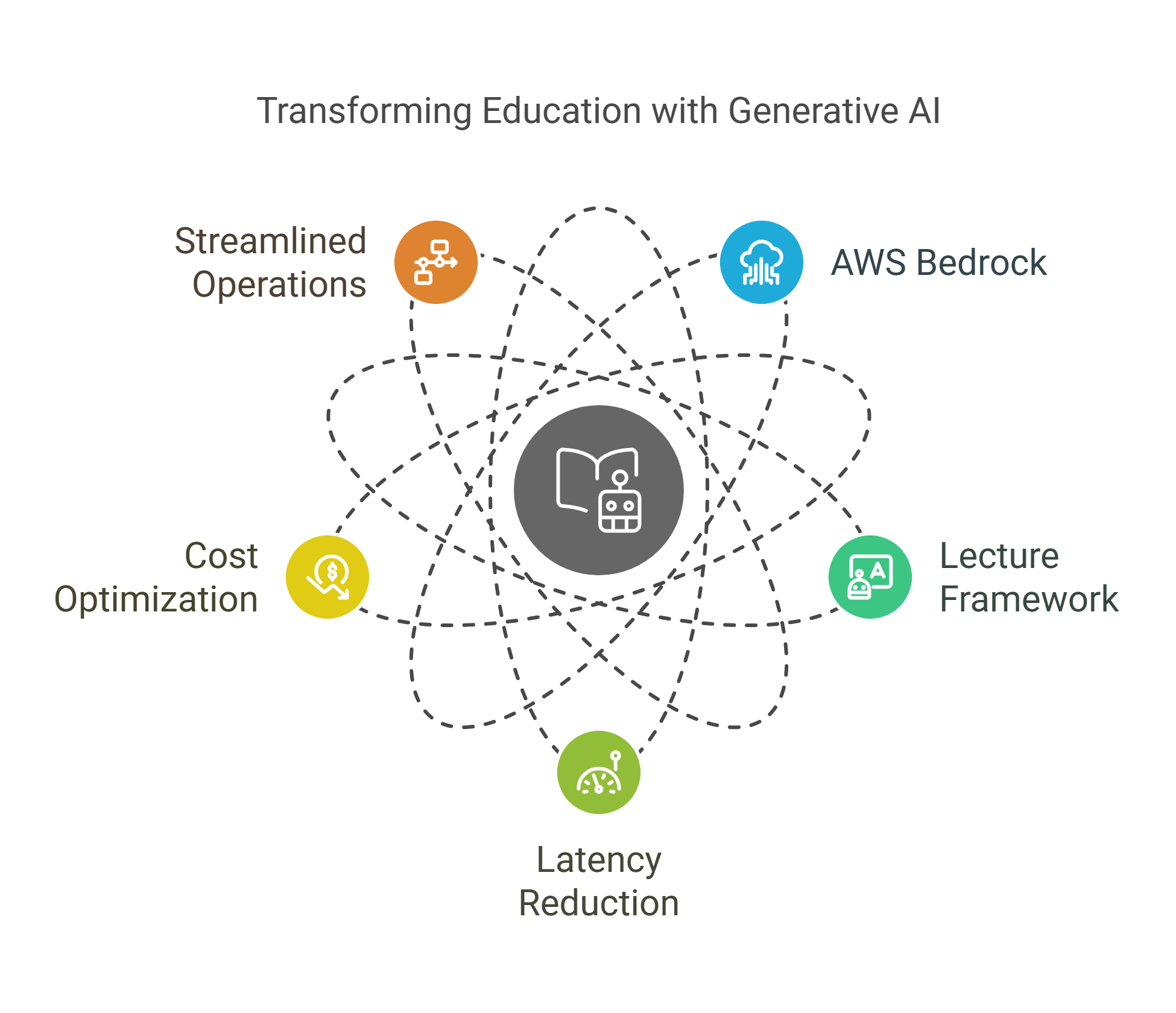
2. Key Enhancements and Their Impact using Lecture
2.1. Optimized Prompt Management
Lecture employs structured XML-based templates within Bedrock’s `retrieve_and_generate` function. These templates ensure:
- Consistency: Uniform formatting across prompts enhances response reliability.
- Efficiency: Dynamic templating reduces API overhead, minimizing latency.
Here is an example of a prompt template used in Lecture:
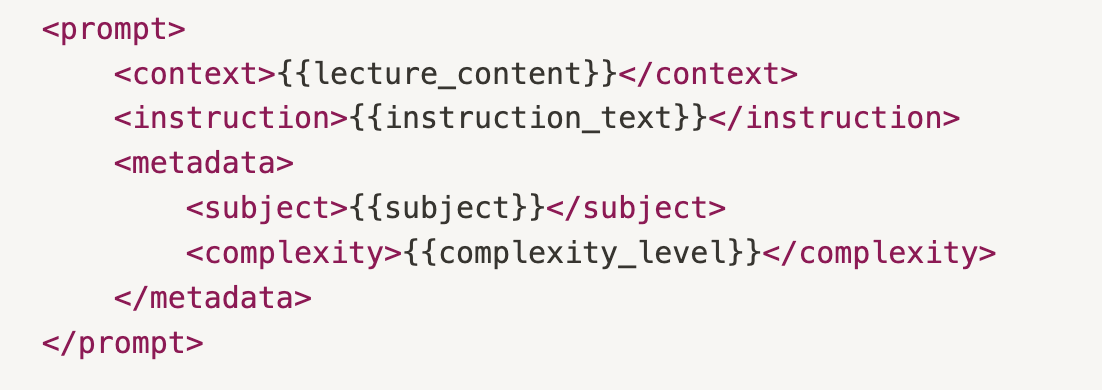
This template is dynamically filled and sent using the following Python code:
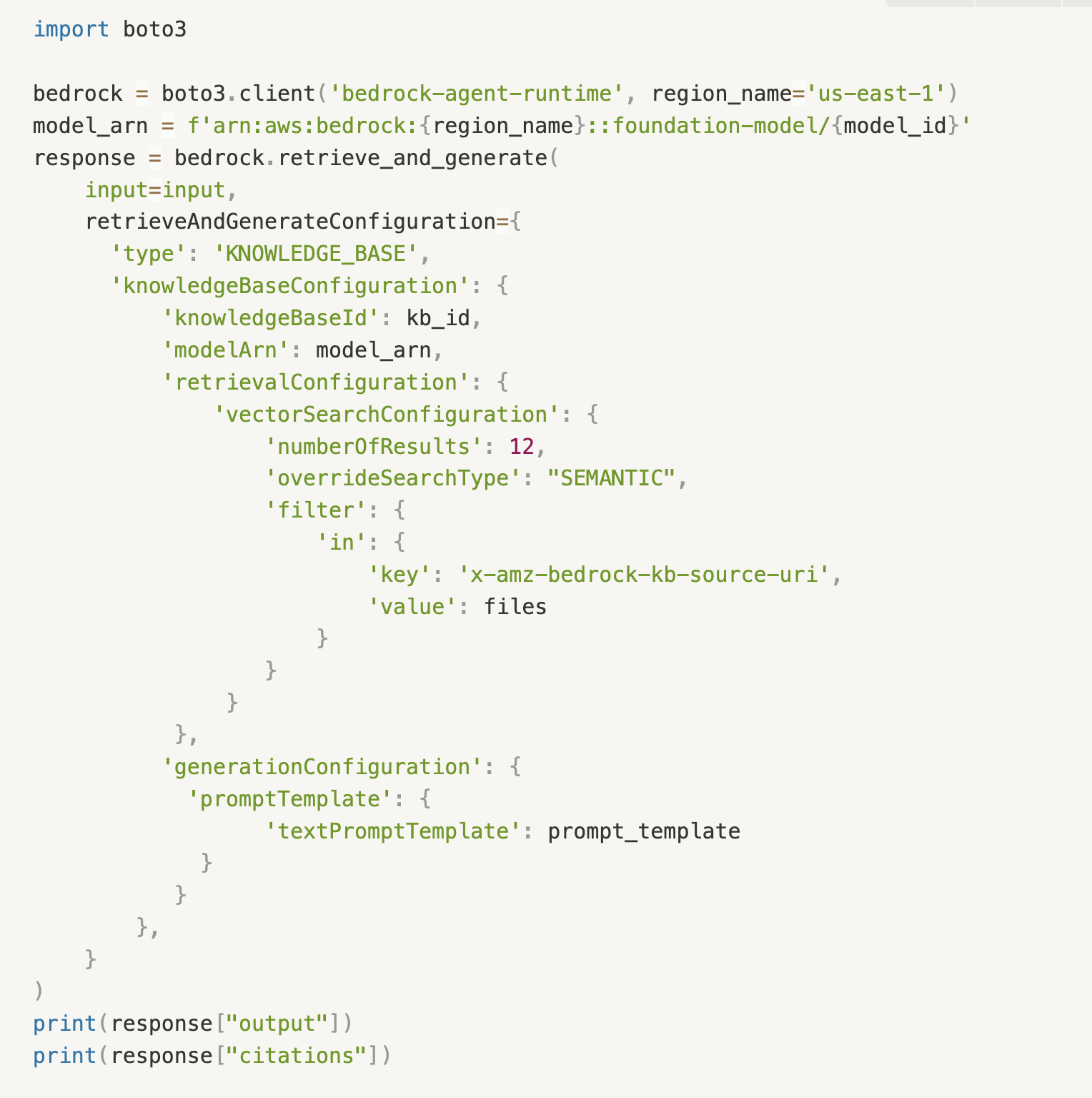
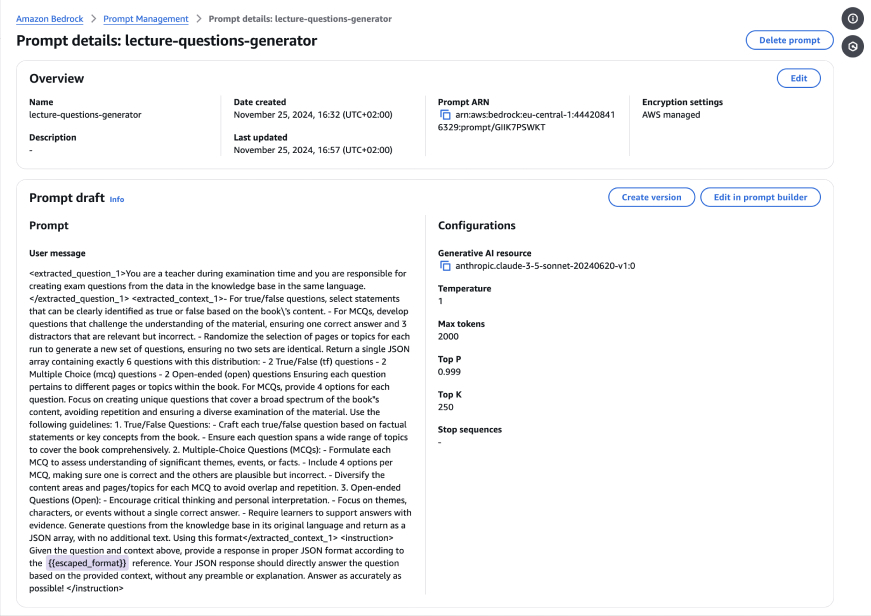
2.2. Metadata Tagging for Enhanced Contextual Understanding
By integrating metadata filtering, Lecture enhances retrieval accuracy. Metadata such as subject, complexity level, and content type ensures responses are contextually aligned with the user’s needs. For example, using metadata filters:
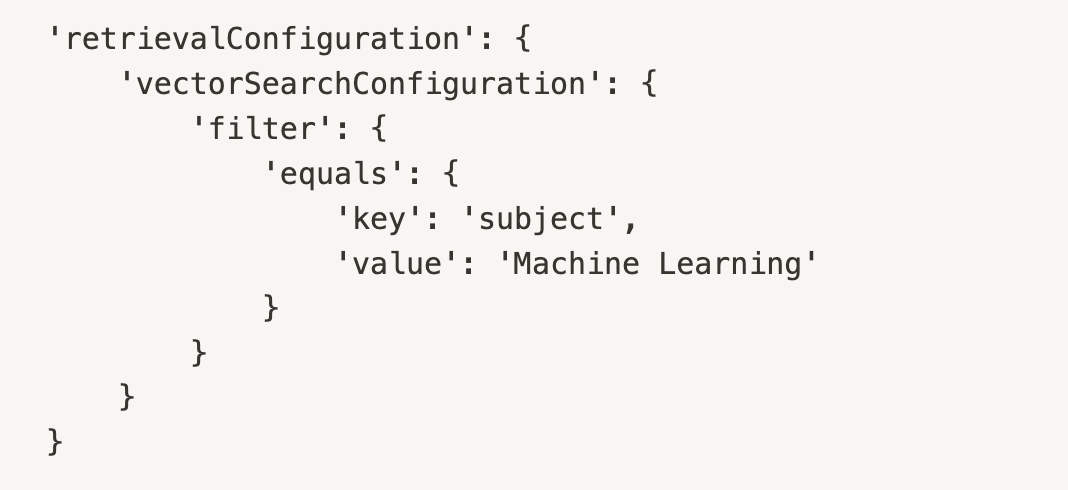
This filtering leverages Bedrock’s knowledge base capabilities, as detailed in AWS’s metadata filtering documentation.
2.3. Nova Models in Action
Lecture’s backend uses the latest Nova models for processing. Testing in the `us-east-1` region revealed significant improvements:
- Latency: A reduction of up to 40% during batch processing of lecture transcriptions.
- Cost Efficiency: Optimized resource utilization, especially during high-concurrency operations.
Here’s a Python snippet to configure Nova models:

3. Technical Architecture of Lecture
Lecture’s architecture is designed for scalability and modularity, leveraging AWS services:
- Amazon S3: Stores lecture materials, metadata, and AI model outputs.
- Amazon RDS (PostgreSQL): Manages relational data such as user preferences and course details.
- Amazon Cognito: Handles user authentication and authorization.
- Amazon EC2 with Auto Scaling: Supports backend services and model inference with dynamic scalability.
- Amazon API Gateway: Exposes endpoints for client interactions.
- Amazon Bedrock: Facilitates access to foundational generative AI models.
- Amazon Translate: Provides language translation services for multilingual support.
- Amazon Transcribe: Converts audio content into text for transcription.
- Amazon Comprehend: Extracts text and metadata from documents, functioning as an OCR (Optical Character Recognition) solution.
-

The deployment architecture includes multiple VPC subnets for public and private resources, secured by security groups and monitored via CloudWatch. Here’s a sample Terraform configuration for deploying the infrastructure:
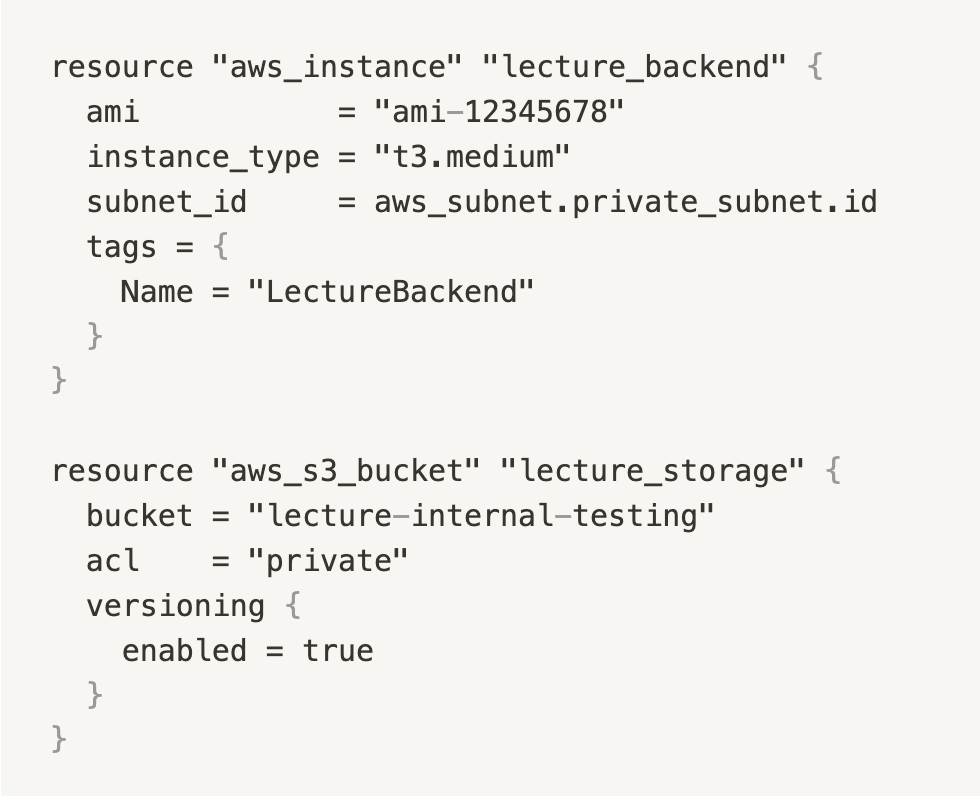
4. Lecture in Action
Using these Bedrock enhancements, Lecture has successfully demonstrated:
- Knowledge base Exam Questions Generation: By generating questions-based documents and other materials uploaded and indexed by the knowledge base
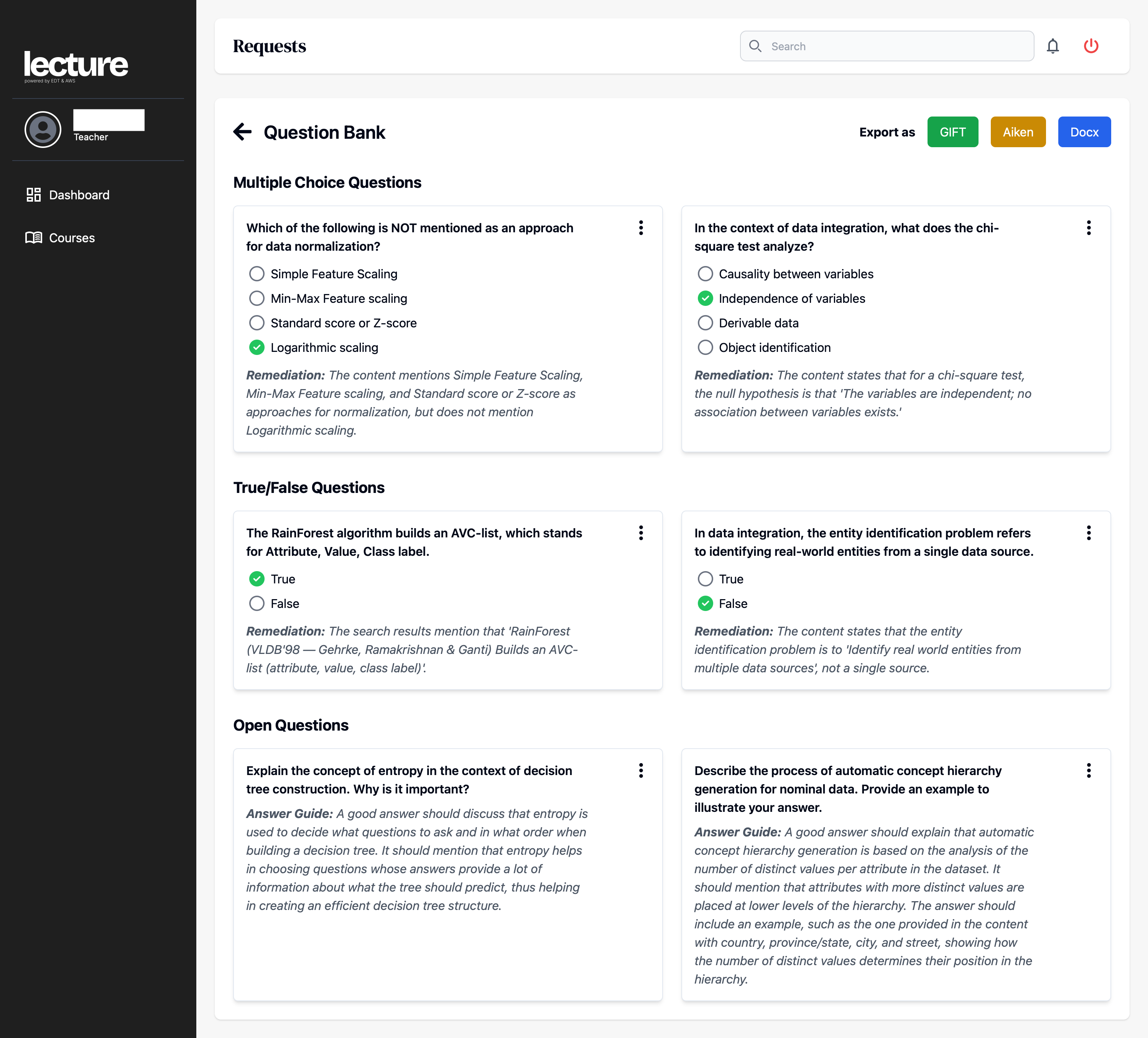
- Real-Time Lecture Summarization: Summaries are generated during ongoing sessions with minimal lag, leveraging Nova models.

- Personalized Learning Experiences: Metadata tagging and advanced model inference enable precise, context-aware chatbot responses.
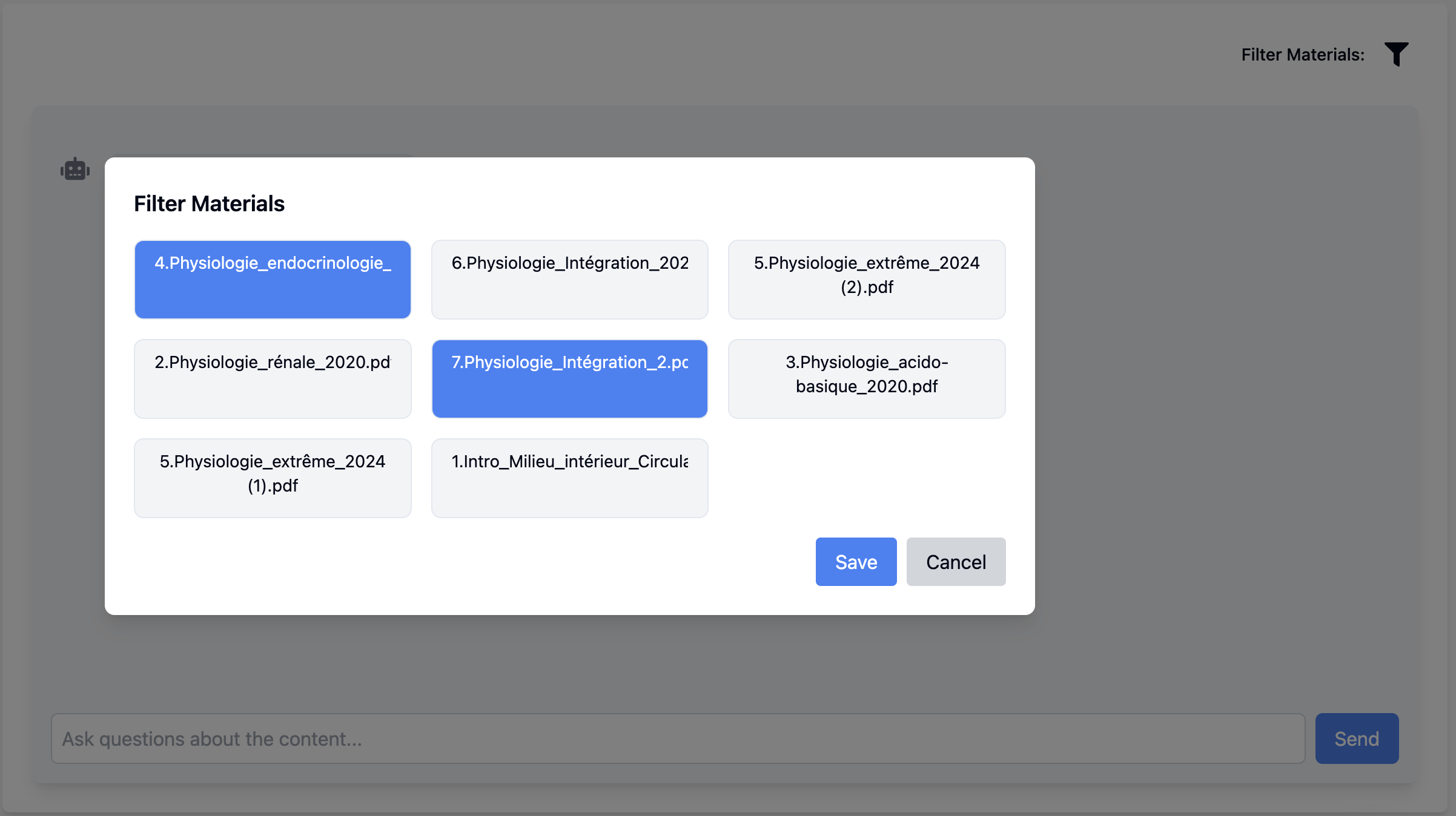
5. Conclusion
With Lecture, EDT&Partners continues to set the benchmark for AI-driven educational frameworks. By leveraging Amazon Bedrock’s latest features, we’re not just enhancing technical capabilities but also redefining how education is delivered and experienced.
Explore the full potential of Lecture and learn more about our GenAI initiatives with EDT&Partners. Let’s shape the future of education together.




